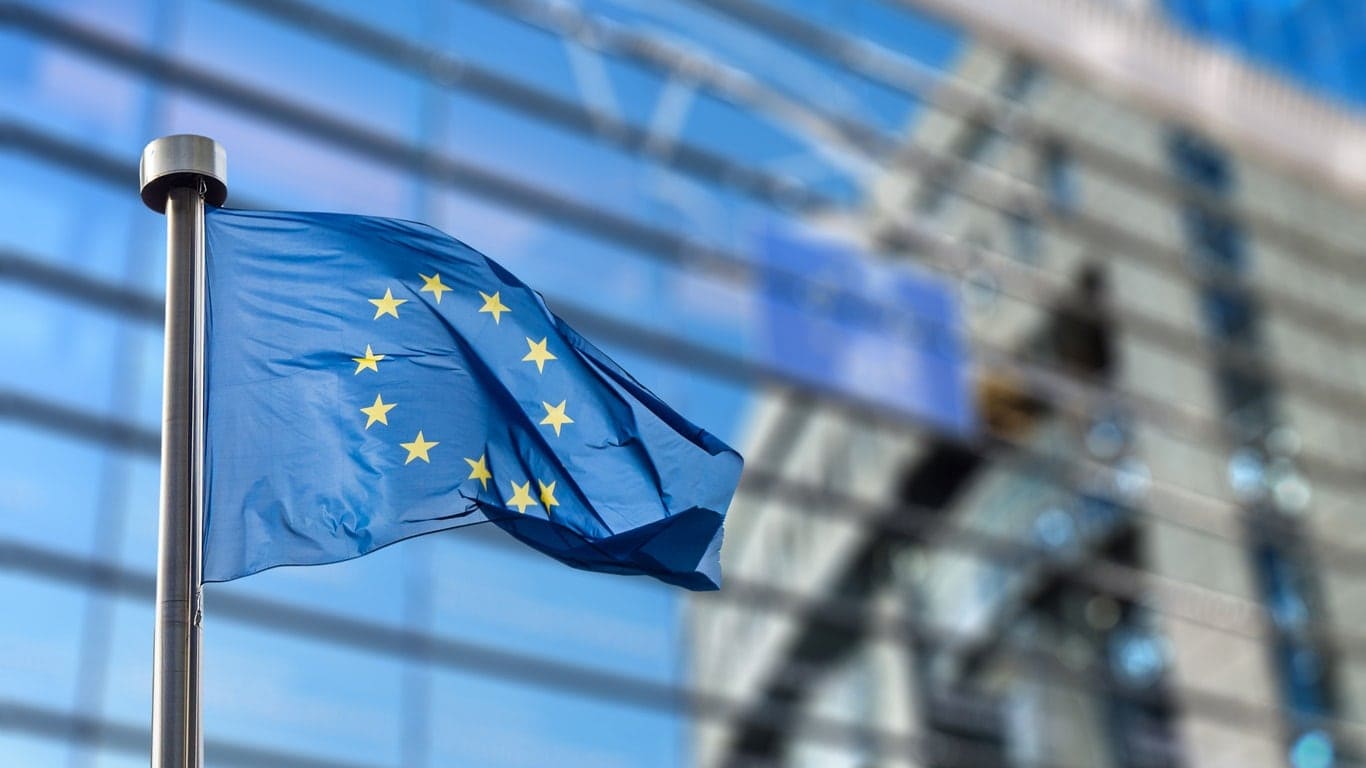The following is a translation of an article written by the Minister for Regional Development and Public Administration and a researcher at the Europe Strategy Research Institute Tibor Navracsics, originally published on the Five Minutes Europe blog of Ludovika.hu.
European integration has been based on two interrelated convictions from the beginning. One is that it must put an end to the situation that, in the first half of the 20th century, caused terrible destruction on the continent by starting two world wars and claiming the lives of millions of people. The other is that, while respecting the political order based on sovereign nation states, ever-stronger economic cooperation between Member States will result in an interdependence that will rule out the possibility of future wars.
This original mission is often referred to by posterity as the peace mission. Accordingly, a significant part of the history of the European integration process took place not outside the current European Union, but within and between the Member States. We witnessed an internal community-building process, where the economy and the rational interests of the Member States were the driving force behind the rapprochement, and the establishment of a common—and later a single—internal market was identified as the fundamental goal of it.
The ambition of some people regarding the process has grown in direct proportion to the successes achieved over the decades. Although even the original mission has not been fully achieved, in the last three decades, increasingly bold plans have been formulated regarding the future tasks of the European Union. Although the single internal market is still not part of the Union’s everyday life—Central European entrepreneurs and employees could really tell a lot about this—, the Maastricht Treaty wanted to open the chapter of political integration after the economic one.
Over the past three decades or so, many have held the hope that the shortcomings of economic integration could be resolved through a greater emphasis on political integration—thereby giving fuller meaning to a founding mission that may have been too narrow in scope. The accession of the Central and Eastern European countries seemed to herald a world-historical victory: the sense of inevitability that, following the EFTA countries, even the former Council for Mutual Economic Assistance (CMEA) states were bowing to the superiority of European integration rooted in close economic cooperation.
‘The accession of the Central and Eastern European countries seemed to herald a world-historical victory’
Looking back, it seems that the process reached its peak at the turn of the millennium. The eastern enlargement was not just one in a series of successive enlargement waves, but a geopolitical realignment that truly created the conditions for intergenerational peace on the continent. However, some saw the expansion of European cooperation not as the fulfilment of the original mission, but as a necessity for further, faster progress.
The withdrawal of the United Kingdom from the European Union could have been a warning sign for them, too. This unprecedented decision clearly indicated that the ideas of replacing economic integration with political union not only did not have the support of all Member States, but also clearly stretched the institutional framework of the community designed for economic cooperation.
However, Brexit, strangely enough, has not encouraged European domestic policy actors to reflect but to increase their ambitions. This is how it happened that the Commission led by Ursula von der Leyen, which took office in 2019, has already identified itself as geopolitical. In doing so, it has made it clear that its aspirations—contrary to the intentions of the Founding Fathers—are not directed inward, towards the settlement of the Union’s affairs, but outward, towards a position of global power.
However, the European Union is not yet ready internally. Despite decades of efforts, the single internal market has not been fully implemented. The legitimation problems of the EU institutions have not been resolved either. Moreover, respect for the sovereignty of the Member States has not been fully implemented recently.
‘Under the current leadership, it has abandoned its mission as set forth by the Founding Fathers, and this could cost it its existence’
Instead of completing the tasks left unfinished, in recent years, the European Union has been seeking the glamour of international politics. It wants to behave like a great power, while its vocation should be to organize close cooperation between sovereign states. It wants to wage war when its mission is to bring peace. Under the current leadership, it has abandoned its mission as set forth by the Founding Fathers, and this could cost it its existence.
Related articles:
Click here to read the original article.







